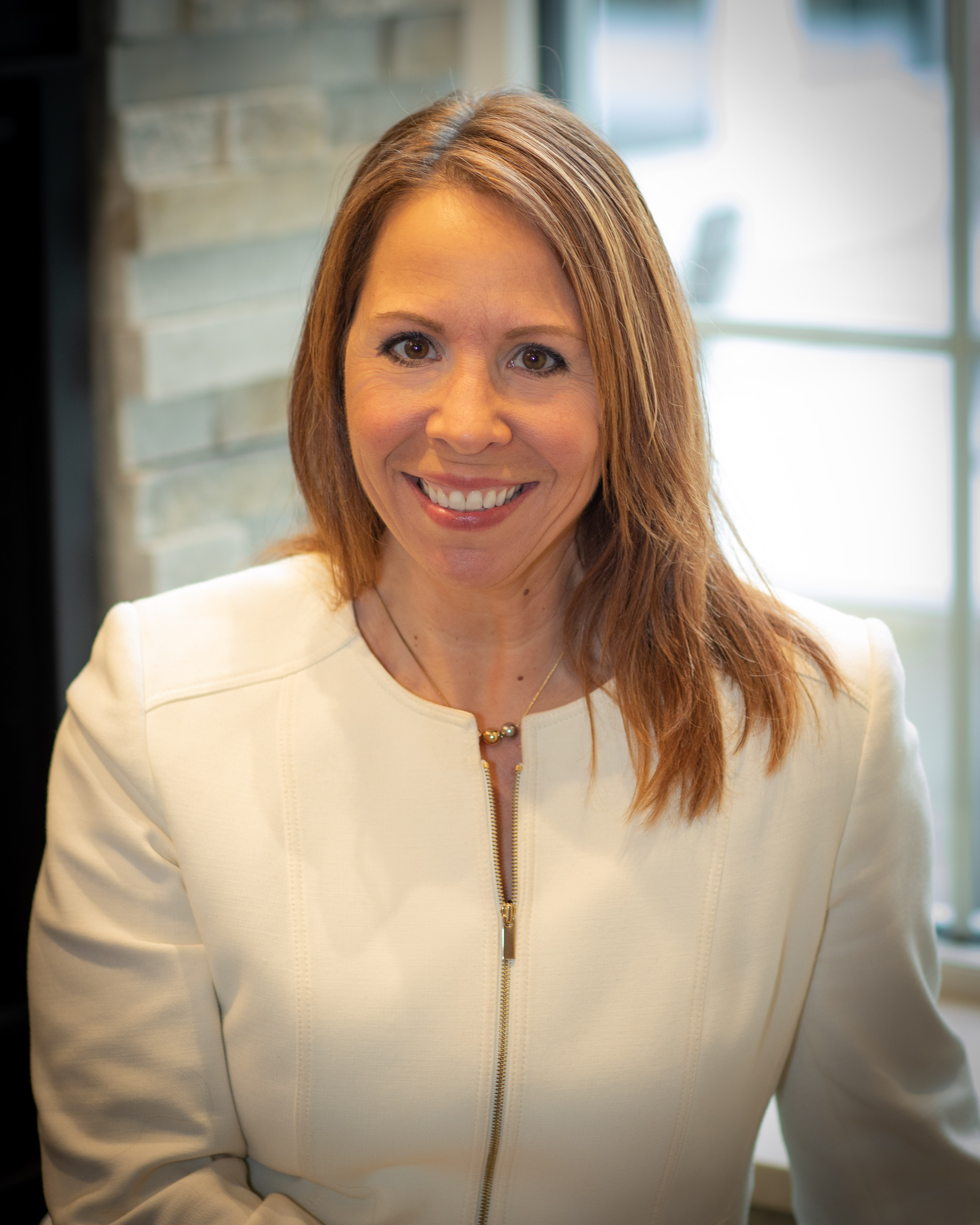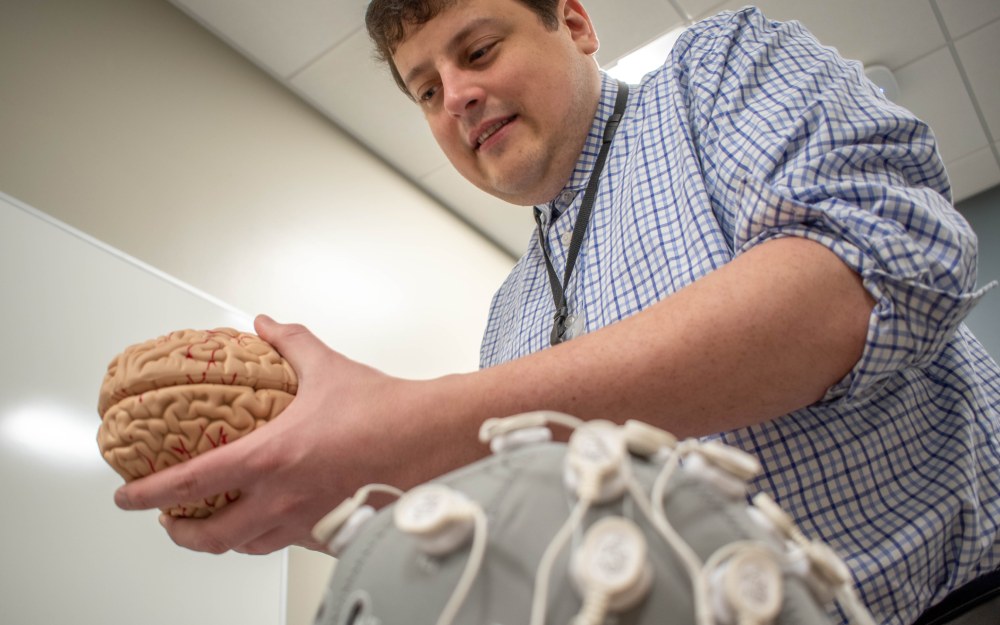
Rogers Research Center announces Second Annual Research Excellence Awards
03/15/23 12:40:pm
“This past year has been one of growth and momentum for Rogers Research Center,” says Kelly Piacsek, vice president, Research. “I want to thank the award winners – and all our contributors – for advancing our vision toward improving patient care and clinical outcomes through research.”
Each of these awards is selected among numerous achievements and collaborations both within and beyond Rogers.
Please see below for the winners and join us in congratulating them!
Research Teamwork Award: Rogers Foundation led by Matthias Schueth, executive vice president, and Marty Vogel, vice president, Principal Gifts, for the productive and professional collaboration between the Research Center and the Foundation, helping to connect passionate donors to enable exciting research opportunities.
Commitment to Quality: Jovana Kuridza, Institutional Review Board (IRB) coordinator, for her work to establish the Rogers IRB systems and processes, her hands-on support of individual investigators, and achieving SmartIRB membership, opening doors to national research collaborations and federal funding opportunities.
Research Champion: Renae Mutchie, senior buyer, for her boundless support of the Rogers Biobank development and her active management of research participants.
Research Champion: Danielle Hayes, accountant, for her effort and expertise to develop detailed and compliant post-award accounting practices enabling ongoing Research Center growth through philanthropy, grants, and contracts.
Visionary: Pat Hammer, ex-officio president and CEO, for his vision and commitment to establishing Rogers Research Center as a means to pursue advanced, evidence-based treatments to improve and sustain positive outcomes for patients.
Advancing Research: Brian Kay, PhD, chief of staff, for his commitment and engagement in developing and utilizing measurement-based care systems for quality and research evaluation of patient outcomes, supporting advanced machine learning and artificial intelligence research in which Rogers can lead the field.
External Collaborator: James Crowley, PhD, of University of North Carolina, for his collaboration and expertise in establishing procedures for the Rogers Biobank, enabling the Research team to automate critical laboratory procedures and sustain a secure, high quality, high throughput facility.
Best Paper: Marty Franklin, PhD, clinical director, Philadelphia, for his contributions to the manuscript: “Acceptance-enhanced behavior therapy for trichotillomania in adults: A randomized clinical trial” published in Behavior Research and Therapy. The paper reports original findings and represents a strong collaboration among leaders in the field that will inform improved evidence-based care for patients with trichotillomania.

Adds Renae: “It is an honor to be able to assist Rogers’ talented research professionals in better serving the behavioral health needs of people across the world. Whether serving in a direct or indirect patient care role, we all have strengths and talents that can contribute to improving mental health outcomes. Together, we can make a difference.”
In other Research Center news, Dr. Piacsek and Sheldon Garrison, PhD, research scientist, were recently interviewed for “Lake Effect” on Milwaukee’s NPR channel about Rogers’ study analyzing the genetics behind OCD.
“We think that we have an opportunity to contribute to the greater science and knowledge development in this space,” Dr. Piacsek said. “And so we’re excited about formulating some of these collaborations and then also being able to bring these insights back to how we treat our patients in the future.”
Click here to listen to the interview.





